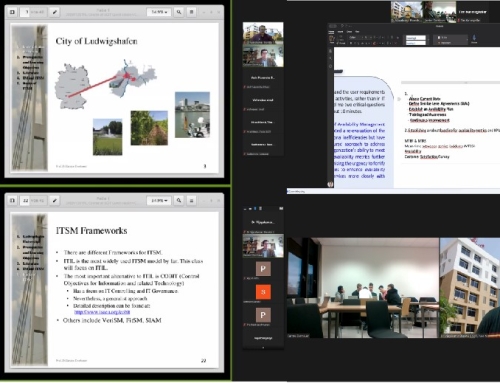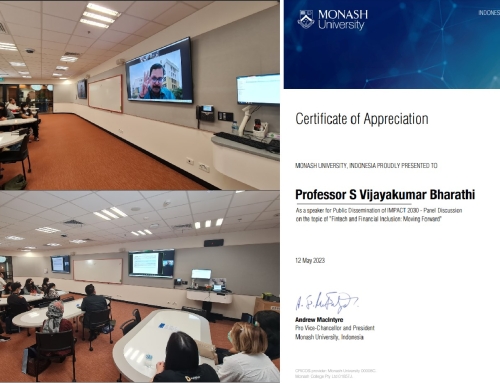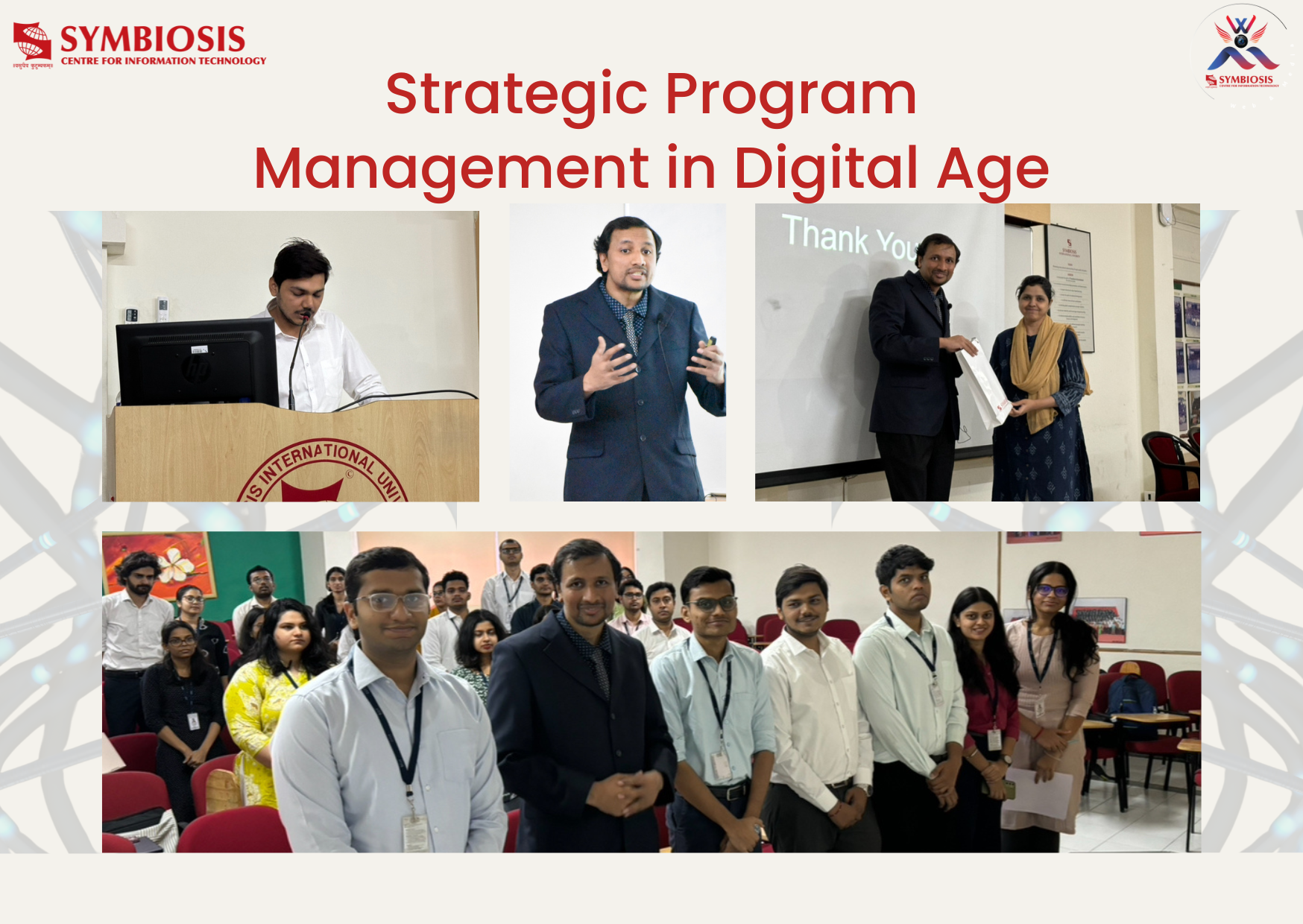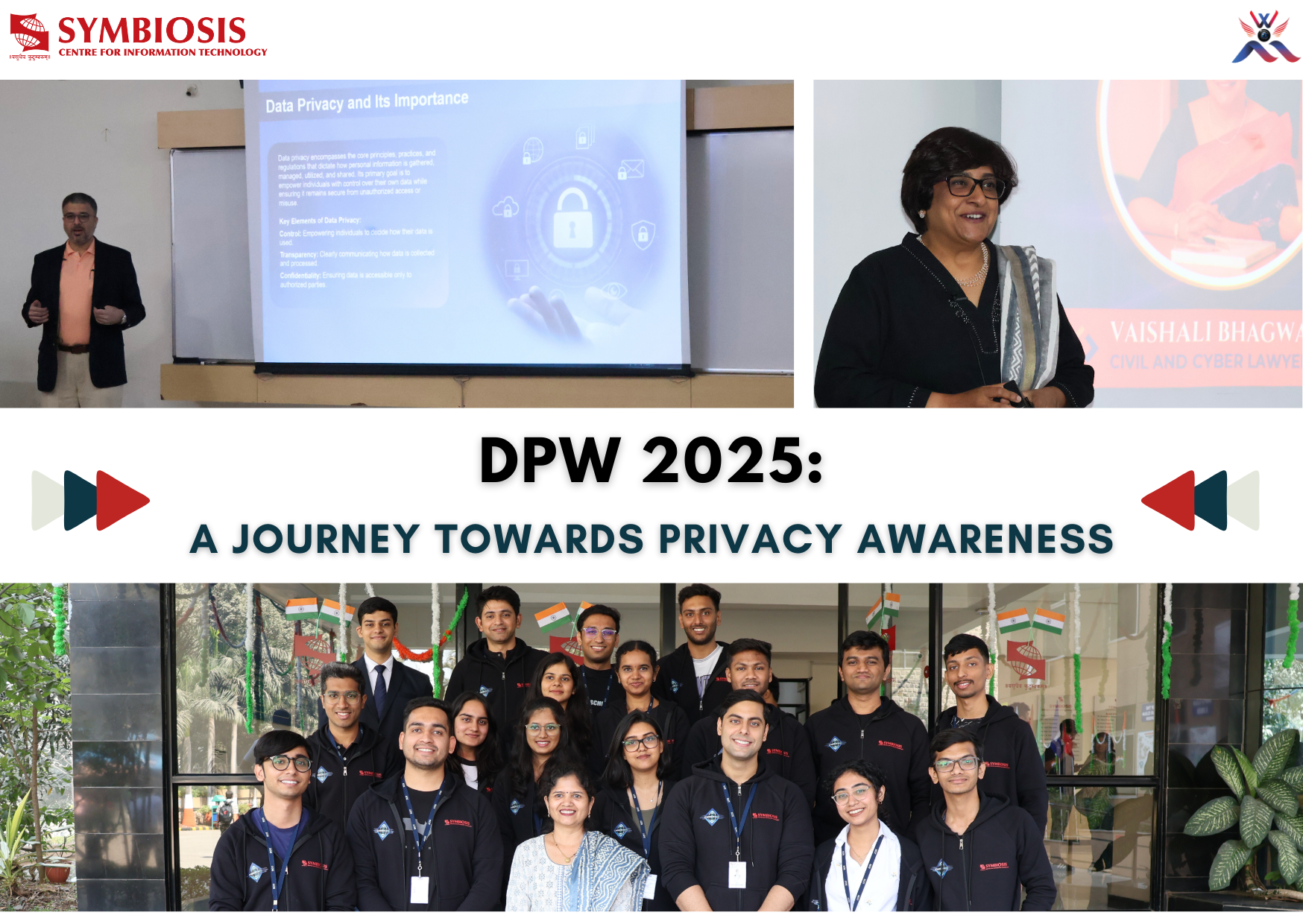Social Awkwardness – Perceiving Oneself
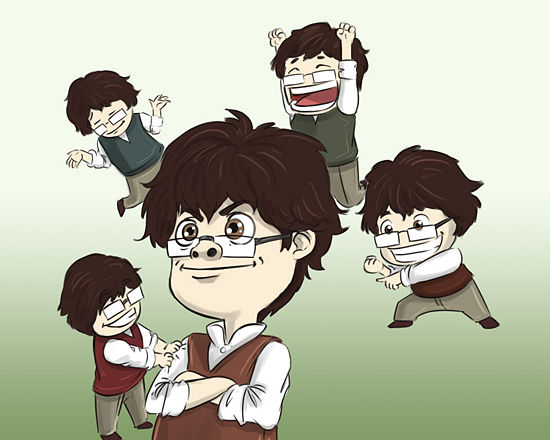
Dear All
Many thanks to Prof. Shaji @ SCIT – an interesting debate with him, lead us towards this topic. What happens when you had said something and later regretted saying it, out of concern of not hurting somebody? What happens when you sense your own anxiety when you are amongst a group of peers? Do you often feel tongue-tied or you don’t know the appropriate response? What happens when an uncomfortable topic enters your chatting session? All these may be indicators of your own social awkwardness. Social awkwardness can be observed as a mismatched response or inappropriate behavior. It often arises out of social expectations; it may also arise out of apprehensions about how we are seen by others. Sometimes, it may be just a fleeting difference in social interactions, at other times it may lead to serious conflicts.
An important agenda of business school training is centered on good communication skills. Discussions within academic topics, classroom participation, debates on your assignments are all essential activities during higher education. However, training for socializing is a topic less emphasized in most institutions. How about some opinions from the general public? Often, we simplify and say “it’s a knack, you either have it or you don’t”. Consequently, we remain as mere observers when we find that good sales skills go hand in hand with good socializing skills; we don’t know how to explain it. We tend to conclude that he/she is just very good at the “talking game”. Doesn’t this conclusion sound juvenile? It may be useful to observe the other skills and behaviors of a good “talker”. One is often surprised to know that other facets exist.
From a learning interest, is it necessary to apply oneself to gather some of these skills? For university level students, it may very well serve your personal and professional activities in the near future. After all, young people learn more from peers. A combination that people often strive towards is being oneself and being friendly and being relaxed. While the need for social acceptance may heighten during adolescence, it settles into a pattern soon, during young adulthood. Shedding social awkwardness is possible. Social awkwardness need not be traumatic, it need not invite ridicule. To learn more refer to wikihow site below.
Social awkwardness may be addressed by spending time in introspection and observing oneself during interactions. In rare cases, where people might have been diagnosed with disorders such as ‘social anxiety disorder’, some treatment may be needed. Dyssemia is a difficulty with receptive and expressive nonverbal communication. Some behaviors exhibited by people with dyssemia are: they may stand too close or behave in annoying ways, laugh too loud or at the wrong times, may mistake friendly actions for hostile ones, they move too slowly or too fast for others to follow. There are more symptoms of dyssemia. Do be careful folks – a thorough examination by a qualified medical expert is the only way to accurately judge such difficulties or disorders. Let’s not become quack connoisseurs of psychology!
Before we conclude, a question: Are shyness and introversion the same? Here’s wishing new students and senior students happy learning and healthy socializing. Welcome back to campus!
References:
http://www.wikihow.com/Avoid-Being-Socially-Awkward
http://en.wikipedia.org/wiki/Social_anxiety_disorder
Prof. Saravan K, SCIT



